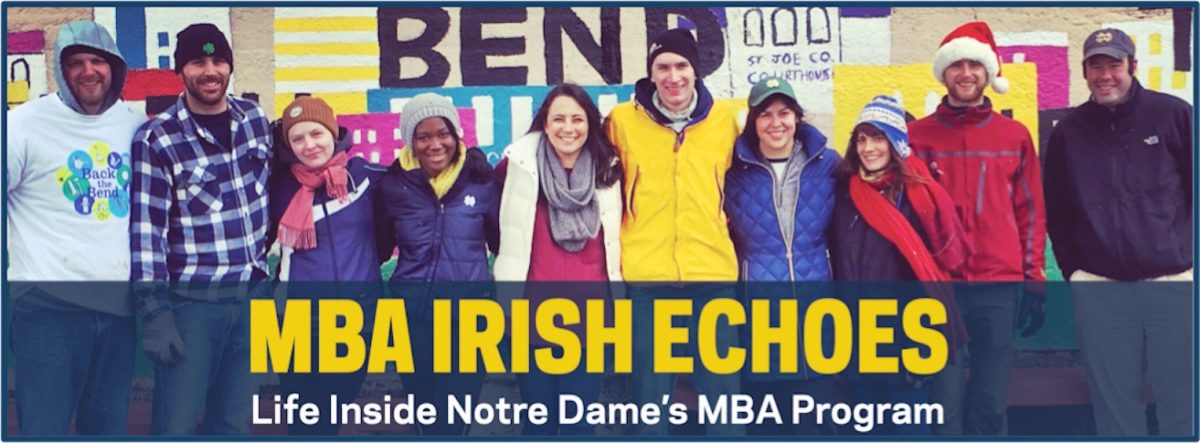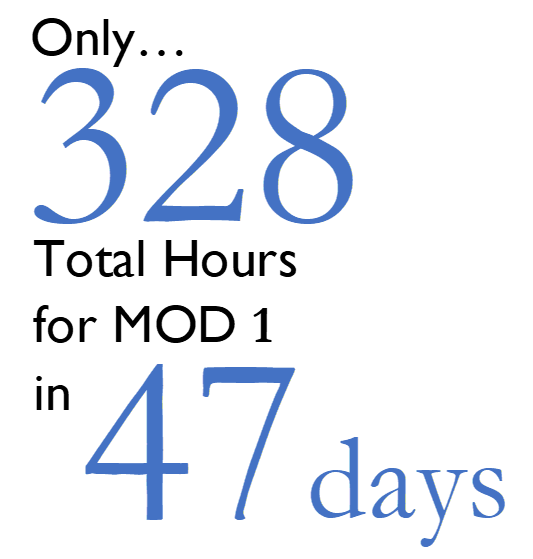 By: Sean Gwaltney
By: Sean Gwaltney
Ever wonder why you only find anecdotal accounts of MBA programs? No, you probably do not. We all know asking students to track their activities day-in-day-out is a little unreasonable. Students are already pulled in a thousand different directions; making them stop before and after each event to quantify 30 different measurements is absurd! Fortunately, in my previous life, data collection of this type was essential to measuring performance, especially when establishing baselines. Perhaps foolishly, I decided to track each of my MBA related activities (sans the happy hours) according to metrics describing date, total time, class, type of activity, my engagement level, the number of unique insights, and location. I also considered detail such as whether the activity was obligatory or extracurricular, individual or group -based, if I was interrupted during the activity, and the method of engagement; e.g., listening, collaboration, creative, etc. What follows is a sample of my data-driven account of August 16 through October 2, 2017, commonly called Mod 1 (excluding the Integral Leadership Development onboarding sessions).
 The clever calendar watcher will note I stopped tracking data just before finals week. Let’s all agree the reasons for the shortcoming were related to studying instead of exhaustion. With a total of 328 hours and 19 minutes of activities, 498 unique insights, and 224 events over 47 days, I can safely say I earned every B+ and A- I received.
The clever calendar watcher will note I stopped tracking data just before finals week. Let’s all agree the reasons for the shortcoming were related to studying instead of exhaustion. With a total of 328 hours and 19 minutes of activities, 498 unique insights, and 224 events over 47 days, I can safely say I earned every B+ and A- I received.
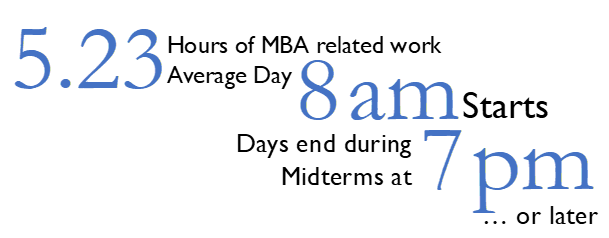
Having revealed my average grades (I sit in the middle of the distribution), let us put the whole mod into perspective. Assuming
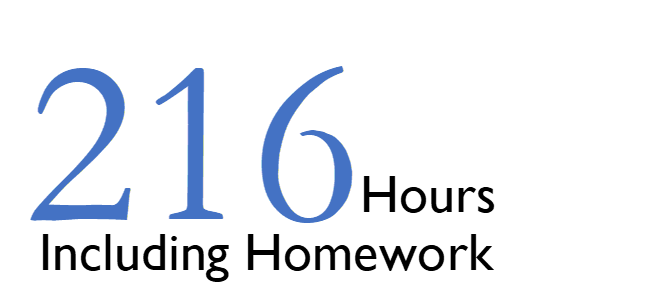
![]() eight hours of sleep, there are 752 useful hours over forty-seven days. Of course, we must all shower, eat, and have a few laughs; I did not track those activities. This means nearly 44% of your waking time is spent engaged in scheduled MBA activities. Put another way, the MBA requires 17% more time than a full-time job during the same weeks. Most of us don’t work 40 hour/week jobs, so this should be a walk in the park.Core classes are rich with content. Expect to spend a lot of time absorbing lectures and methodology. Many of our classmates come to an MBA program without backgrounds in economics, accounting, or statistics. It takes a certain amount of growth and context for the class to gain common footing on business concepts, ultimately leading to lively discussions. Expect your professors to bring value to each class. Listening during lectures produces most of the unique insights, while practicing homework problems unlocks or reinforces the nuances discovered during class. Combined, listening and rote activities result in twice as many unique insights as the readings, creative assignments, and collaborative work. This evaluation speaks to the expert knowledge and willingness to share each of our core professors bring to the table. You won’t find teachers hiding in ivory towers here.
eight hours of sleep, there are 752 useful hours over forty-seven days. Of course, we must all shower, eat, and have a few laughs; I did not track those activities. This means nearly 44% of your waking time is spent engaged in scheduled MBA activities. Put another way, the MBA requires 17% more time than a full-time job during the same weeks. Most of us don’t work 40 hour/week jobs, so this should be a walk in the park.Core classes are rich with content. Expect to spend a lot of time absorbing lectures and methodology. Many of our classmates come to an MBA program without backgrounds in economics, accounting, or statistics. It takes a certain amount of growth and context for the class to gain common footing on business concepts, ultimately leading to lively discussions. Expect your professors to bring value to each class. Listening during lectures produces most of the unique insights, while practicing homework problems unlocks or reinforces the nuances discovered during class. Combined, listening and rote activities result in twice as many unique insights as the readings, creative assignments, and collaborative work. This evaluation speaks to the expert knowledge and willingness to share each of our core professors bring to the table. You won’t find teachers hiding in ivory towers here.
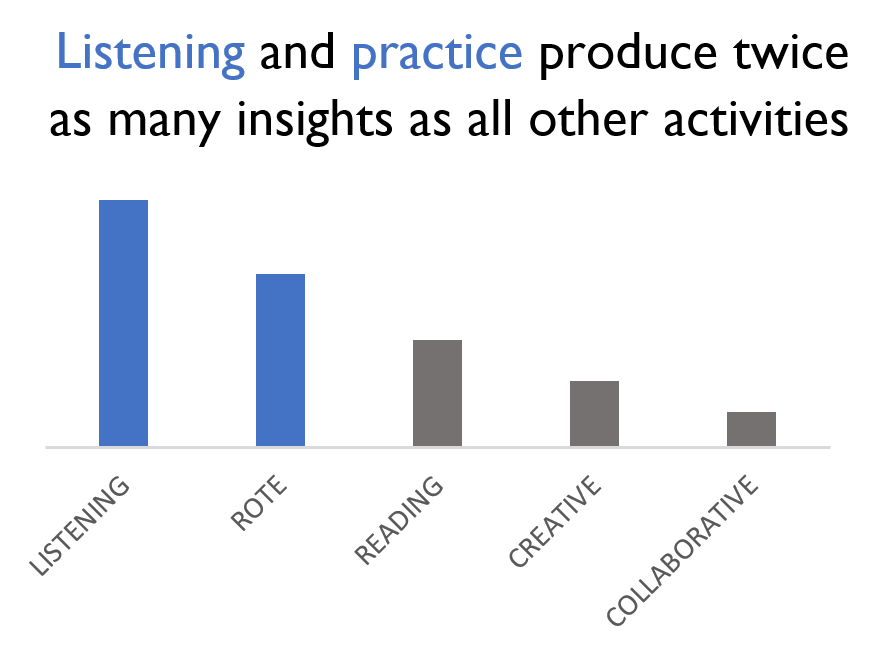 For those of us looking to switch careers, the clubs provide incredible value. I spent most of my time with the consulting club, but each club brings insights and value to your experience. One of the most important things to realize upfront is how important club activities are to your overall success. The networking events, skills training, and interview practice opportunities generate more value than the formal tasks for any given discipline (in Mod 1). If I can leave you all with three key insights regarding clubs, please remember: case-prep is not just for consultants; Training The Street is not just for banking/finance people; Tableau is not just for business analytics. Being able to walk through a business situation, build a dynamic financial model, assess the impact of a project, and graphically interpret data are skills you need regardless of which path you take. Our clubs facilitate and train these skills, which is why the highest insights per hour (2.9) are attributable to club activities, contrast with class work (2.4).
For those of us looking to switch careers, the clubs provide incredible value. I spent most of my time with the consulting club, but each club brings insights and value to your experience. One of the most important things to realize upfront is how important club activities are to your overall success. The networking events, skills training, and interview practice opportunities generate more value than the formal tasks for any given discipline (in Mod 1). If I can leave you all with three key insights regarding clubs, please remember: case-prep is not just for consultants; Training The Street is not just for banking/finance people; Tableau is not just for business analytics. Being able to walk through a business situation, build a dynamic financial model, assess the impact of a project, and graphically interpret data are skills you need regardless of which path you take. Our clubs facilitate and train these skills, which is why the highest insights per hour (2.9) are attributable to club activities, contrast with class work (2.4).
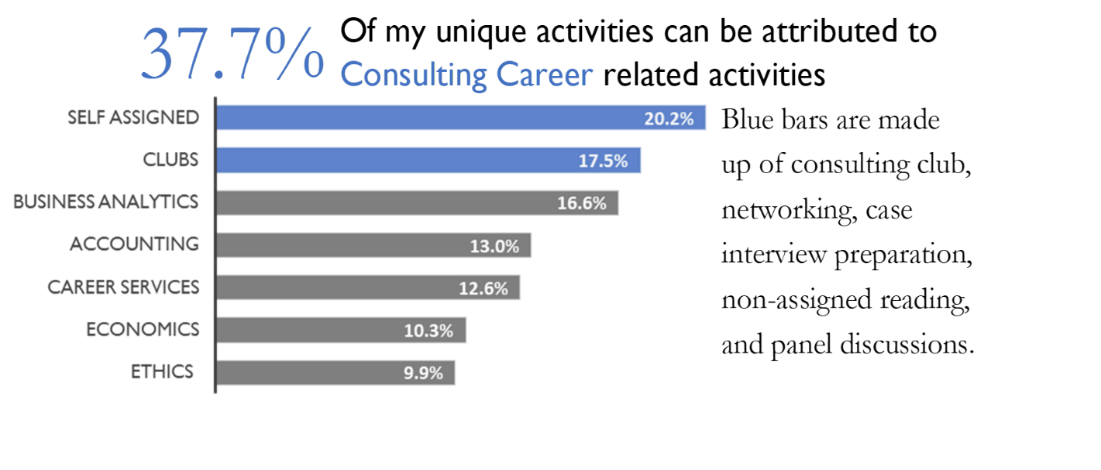 Get comfortable with going the extra mile if you want to get the most out of this opportunity. You won’t be sorry, even if you feel stretched too thin from time-to-time.
Get comfortable with going the extra mile if you want to get the most out of this opportunity. You won’t be sorry, even if you feel stretched too thin from time-to-time.
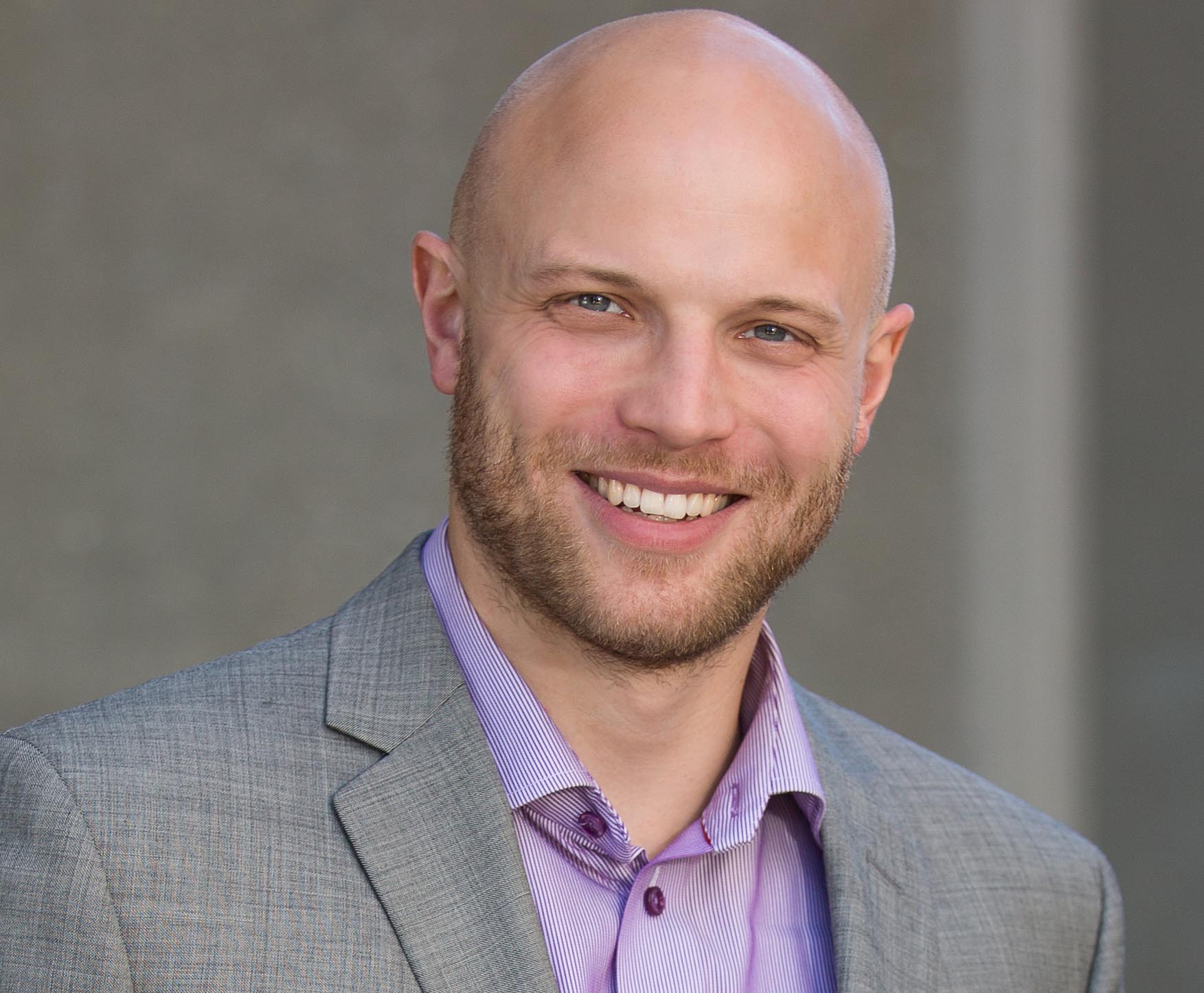 Sean is from Alaska, where he recently completed a masters in project management. He is further specializing with a focus on finance. Excited about the shorter winters in South Bend, he looks forward to cheering for the Irish this fall! Connect with him on LinkedIn.
Sean is from Alaska, where he recently completed a masters in project management. He is further specializing with a focus on finance. Excited about the shorter winters in South Bend, he looks forward to cheering for the Irish this fall! Connect with him on LinkedIn.
